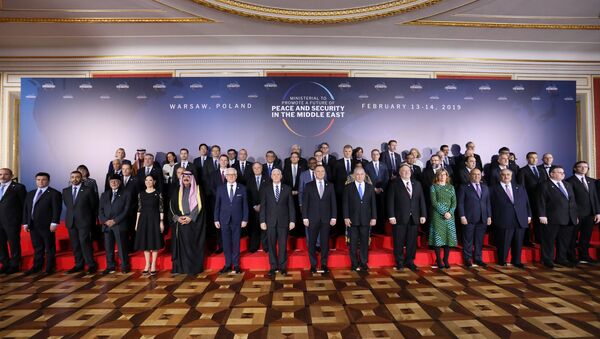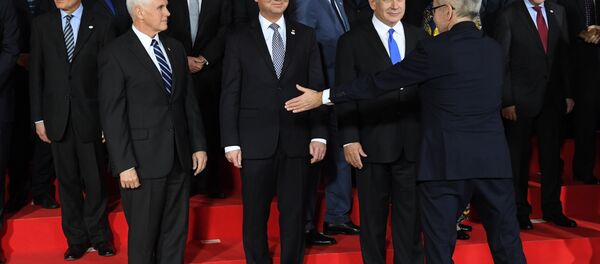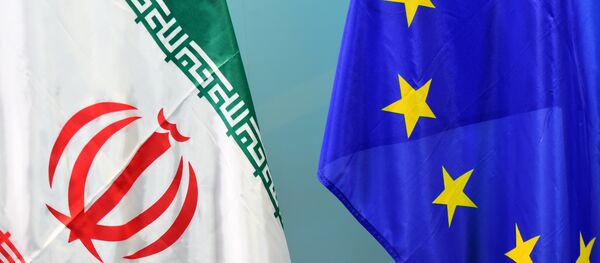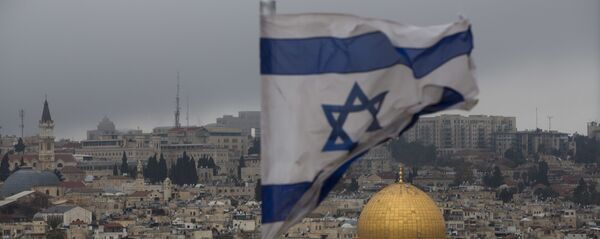Sputnik has discussed the conference on the Middle East with Dr Seyed Ali Alavi, an Iran expert at the University of London's School of Oriental and African Studies.
Sputnik: The summit participants according to Mike Pence have said that they believe that Iran is the greatest threat to peace in the region. What is your reaction to that statement?
Sputnik: What do you make of the level of participation of some of the European countries, basically they sent career diplomats, no high-ranking officials, Turkey also has not become involved in this, they are at another summit meeting with the Iranian president. What are your thoughts on what this shows about US relationship with their "allies"?
Sputnik: So what do you think is going to be accomplished, if anything?
Seyed Ali Alavi: As we know the summit is mainly about the gathering of the Prime Minister of Israel and some of the Arab states of the Persian Gulf. The summit is more like a photo opportunity for the Israeli prime minister and to decorate the Likud Party's campaign leaflets. But this doesn't mean there will be tangible changes in Israeli-Arab relations because the Palestinian question is not even on the agenda for the summit. The summit in Warsaw from my point of view shows that the idea of an Arab NATO against Iran is a daydream and very difficult to be implemented.
READ MORE: US Unlikely to Marshal International Coalition Against Iran — Consultant
Sputnik: Do you think that harm is done by organising these kinds of events?
Seyed Ali Alavi: The harm was already done when President Trump withdrew from the JCPOA, but, of course, it will, as I said, not only harm Iran but it's also highlighted the divergences between the Trump administration and some of its allies in Europe and in the region, in the Middle East. Also, we need to look into the role of China and Russia because they ignored the summit. So it's more likely to harm the American interest some may argue.
Sputnik: It's interesting to note that Turkey has stepped up and said that it's ready to create a special mechanism for transactions with Iran, essentially joining the ranks of Germany and France who also want to have a special mechanism to avoid some of the consequences of the JCPOA. What do you think that's going to do to Ankara's ties with Washington, and also the fact that Ankara is not at this meeting, but is meeting with Russia and with Iran?
Seyed Ali Alavi: Turkey's Erdogan already bypassed the sanctions, even before 2005. It's not something new, and Turkey is not shy to say that they don't recognise the sanctions against Iran. And, of course, before the United States withdrew from the JCPOA and now they've always bypassed the sanctions.
Of course, now Turkey is flexing its muscles and joined the EU countries, but at the same time it's coordinating with Russia and China, and other countries in order to make sure that it's not falling into the network of the sanctions against Iran; because Turkey also sees itself as a kind of good neighbour to the Islamic Republic of Iran.
Seyed Ali Alavi: It's a good question, one thing is very important. In fact, by hosting the summit, Poland intends to send a strong signal to Moscow that the cooperation between Poland and the United States is powerful. So the main objective here, that many people may not pay enough attention to it is how Poland is trying to take advantage of this to send a strong signal against Russia. And in terms of dividing Europe, I'm not sure, because Europe has already a strong position in this context and they did not agree with the agenda and the context of the summit and timing of it.
The views and opinions expressed by the speaker do not necessarily reflect those of Sputnik.






